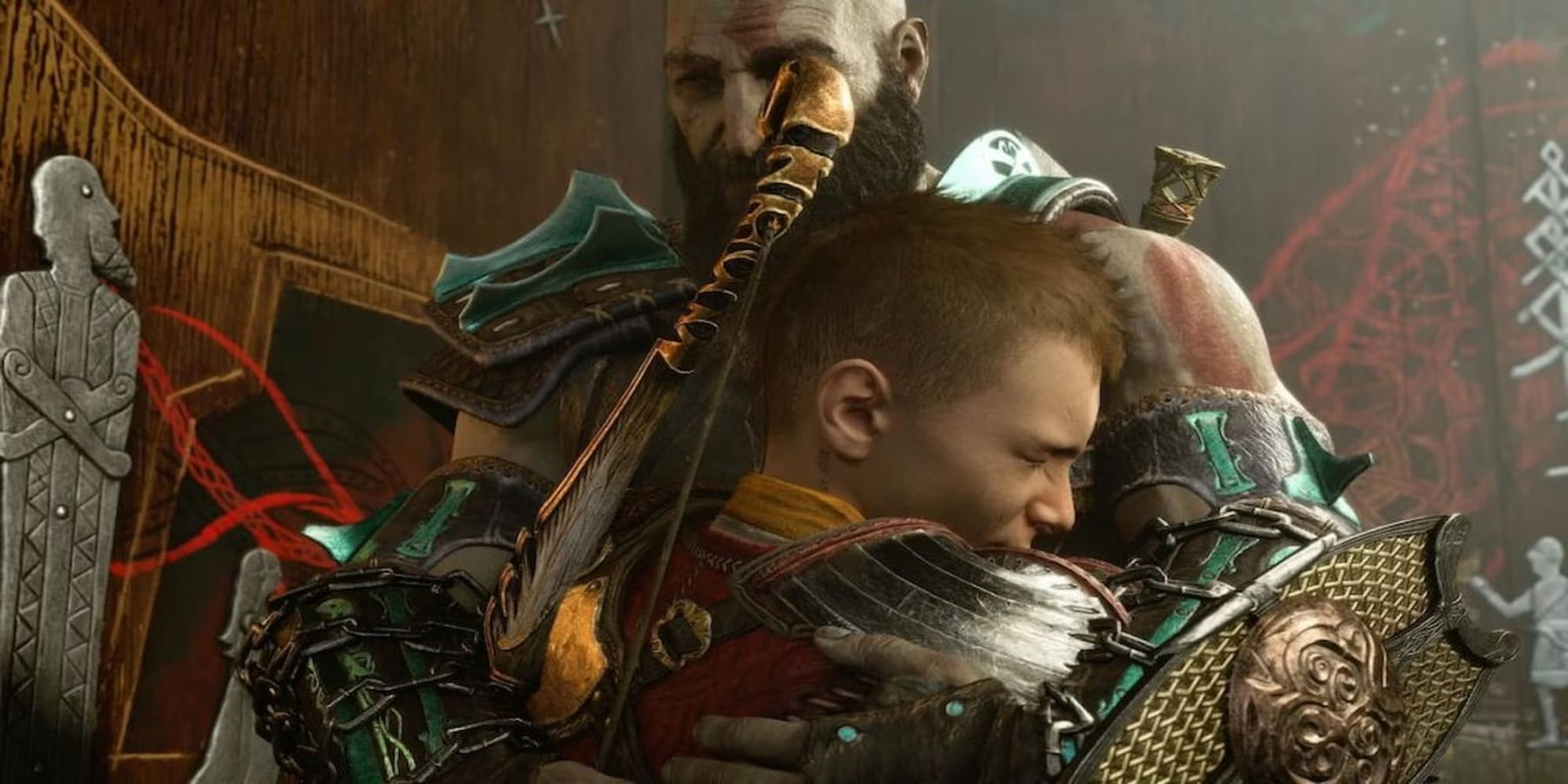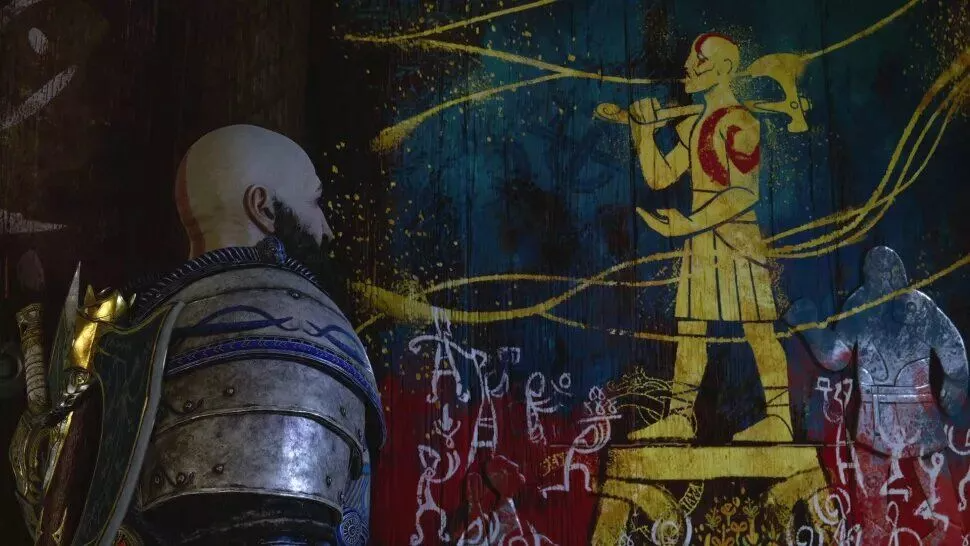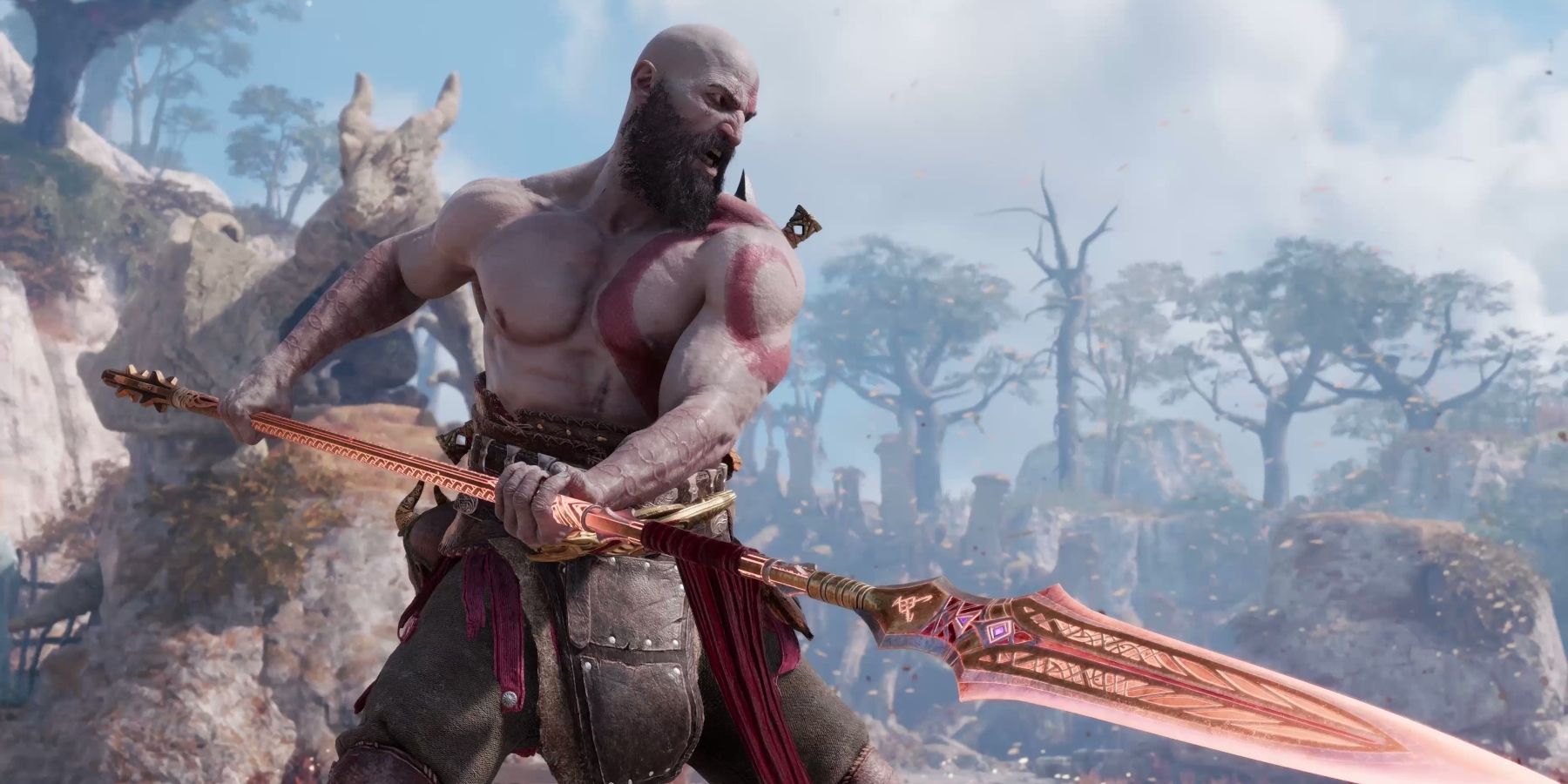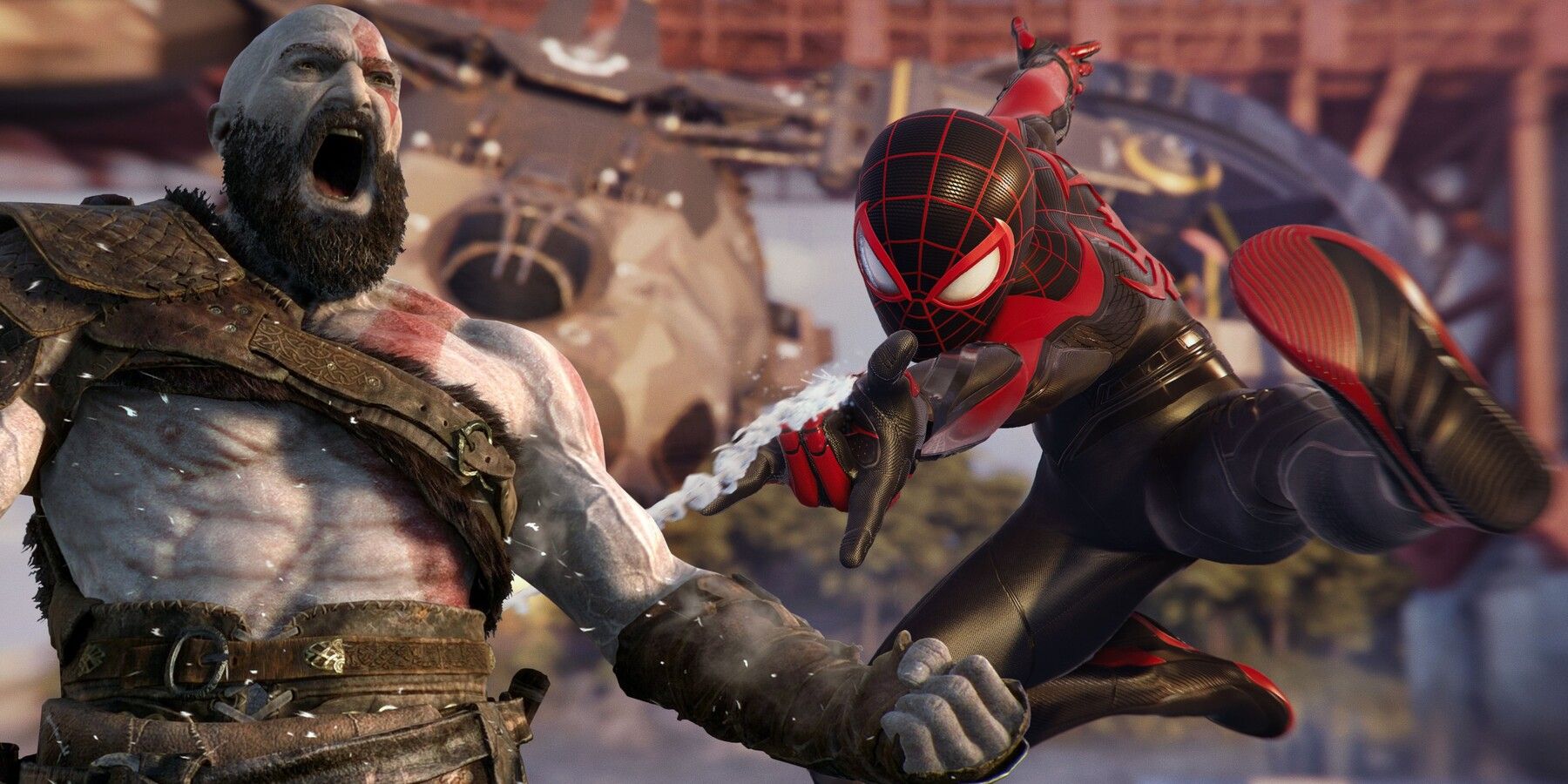
God of War Ragnarok Unleashes an Epic Transformation of Kratos

God of War Ragnarok brings Kratos' character arc to a satisfying culmination, making a strong case for retiring his iconic role as the series' protagonist
Kratos has been the iconic figure of the God of War series for nearly twenty years. Originally driven by a quest for vengeance against the gods who killed his family, Kratos eventually becomes the God of War himself and wreaks havoc on Olympus throughout multiple games. After a brief break, Kratos makes a comeback in 2018's God of War, but with a changed perspective that differs from his previous obsession with revenge. Now, in God of War Ragnarok, Kratos has evolved into a new kind of protagonist, one who is willing to share the spotlight.
God of War Ragnarok not only brings the Norse saga to a satisfying conclusion but also serves as the climax of Kratos' entire journey, all while further developing the character of Atreus. However, like any successful video game franchise, future sequels are inevitable, and it would be best for Santa Monica to explore new adventures without involving Kratos.
God of War Ragnarok Acts as the Perfect Ending for Kratos' Character Arc
In the original Greek saga of God of War, Kratos undergoes a singular character transformation. Deceived and manipulated into murdering his wife and child, Kratos swears vengeance on the gods, particularly Ares. This sets off a violent crusade throughout the Greek pantheon, with Kratos facing off against numerous gods with his Blades of Chaos. By the end of this saga, Kratos comes to believe that the gods should not exist, as his encounters with them reveal their growing selfishness and cruelty.
In the 2018 installment of God of War, Kratos endeavors to move past his Greek roots and establish a new life in Midgard alongside Faye. With her support, Kratos begins to confront his past and the pent-up anger that consumed him. However, when their son, Atreus, is born, Kratos becomes withdrawn, fearing that Atreus may follow in his footsteps. Initially, Kratos keeps Atreus' godhood a secret. Throughout the course of God of War 2018, Kratos gradually learns to place trust in his son and comes to acknowledge that not all gods are inherently evil or self-centered.
During God of War Ragnarok, Kratos witnesses multiple instances of Atreus selflessly aiding others, solidifying the trust between father and son. Their journey culminates in a bittersweet conclusion, with Kratos acknowledging Atreus' capability to embark on his own adventures. Just moments after, Kratos stumbles upon a Jotunheim mural that accurately foretold the events of Ragnarok, depicting a monument bearing his likeness, with people revering and praising him. This pivotal moment signifies the completion of Kratos' character arc, wherein he discovers a loving support system and the unexpected prospect of being revered as a god.
It is precisely because of this satisfying resolution that Kratos should not return as the main protagonist in a future God of War installment. Doing so would retroactively diminish the impact of God of War Ragnarok's ending. Instead, the next game should explore other potential playable characters, while still allowing Kratos to make a brief cameo appearance that does not undermine the significance of the previous game's conclusion.
God of War Ragnarok is available now for PS4 and PS5.














